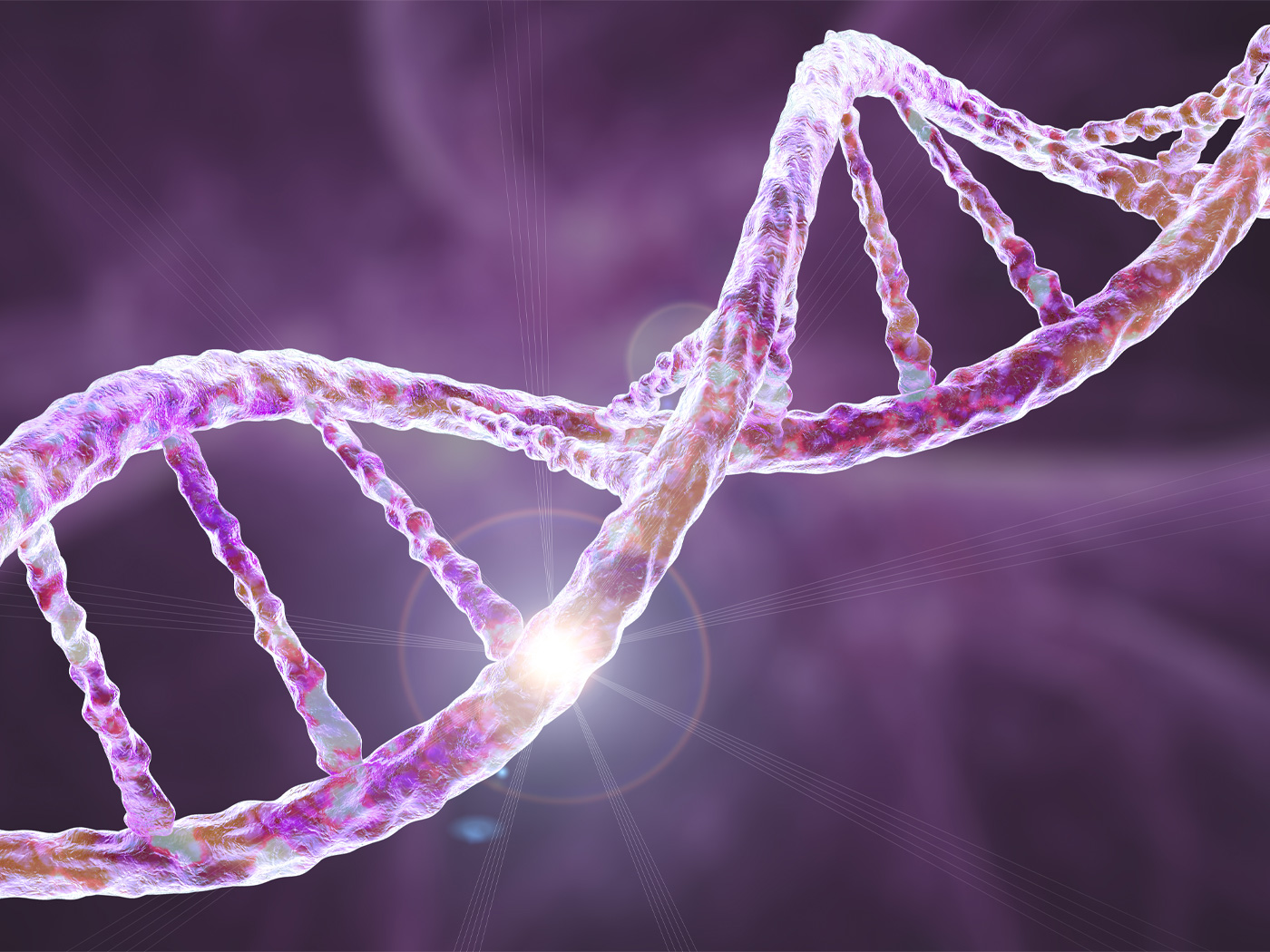Richard Dawkins, author of The God Delusion and perhaps today’s most famous Darwin apologist, has a new book that hit bookstores this month. The Greatest Show on Earth promises to meet his high standard of creative and convincing tale-telling.
“Evolution leaves God with nothing to do,” Dawkins wrote in a Wall Street Journal article that posted before the book’s launch. Then, revealing a stunningly pantheistic faith, he asserted that “life is arguably the most surprising and most beautiful production that the laws of physics have ever generated.”1
But does the book present support for this assessment from the actions of those same physical laws? One favorable review, published in The Guardian, indicated that while The Greatest Show on Earth “demonstrates once again [Dawkins’] consummate skill as an explainer,” the science covered by the book mostly rehashed “pretty standard stuff.”2
Just as Dawkins’ reasoning in his WSJ essay was missing key information regarding how physical laws could spontaneously generate life, his new book also fails to address the robust body of evidence that defies the Darwinism he preaches. For example, the book completely ignores the growing problem of “stasis,” or the mismatch of evolution’s supposedly constant change over time with the observed stability of many life forms that remain totally unchanged for assumed eons of evolutionary time.2
The giant elephant in the room of Dawkins’ insistence on the power of physics to create life is the observation that physical interactions have nothing to do with the coded biological information, called language, that characterizes life. Ironically, Dawkins himself admitted that “life is just bytes and bytes and bytes of digital information.”3 But there is no observation of such information originating naturally (i.e., without applied intelligence), and Dawkins fails to describe even one example that shows physics inventing language.
The study of physics describes material interactions. Like spoken languages, biological language is irreducibly complex and yet without physical substance. It comes complete with symbols, meanings for those symbols, and a grammatical structure for their interpretation. Remove any one of these three fundamental features, and the informational system is lost. Physics has nothing to do with symbols or grammar, and therefore nothing to do with the origin of life, which cannot exist without its coded information.
If physics is ineligible, then what or who could be the real author of life’s information?4 If “in the beginning was the Word,” then the Author was the God of the Bible, and the apostle John can be trusted when he writes, “All things were made by him; and without him was not any thing made that was made.”5
Dawkins is right about one thing: evolution does leave God with nothing to do. But an evolutionary origin or progression of simple-to-complex life is unobserved, and it ignores contrary paleontological evidence as well as basic information science. It is a farce. On the other hand, biological information, which is observed, points to God having done quite a bit “in the beginning.”
References
- Dawkins, R. Man vs. God. The Wall Street Journal. Posted on wsj.com September 12, 2009, accessed September 16, 2009.
- Fortey, R. The Greatest Show on Earth by Richard Dawkins. The Guardian. Posted on guardian.co.uk September 5, 2009, accessed September 16, 2009.
- Dawkins, R. 1995. River Out of Eden: A Darwinian View of Life. New York: Basic Books, 19.
- Former atheist Antony Flew concluded that God was that author. See Thomas, B. Why Did Life Evolve Beyond Bacteria? ICR News. Posted on icr.org December 5, 2008, accessed September 16, 2009.
- John 1:1, 3.
* Mr. Thomas is Science Writer at the Institute for Creation Research.
Article posted on September 23, 2009.






















